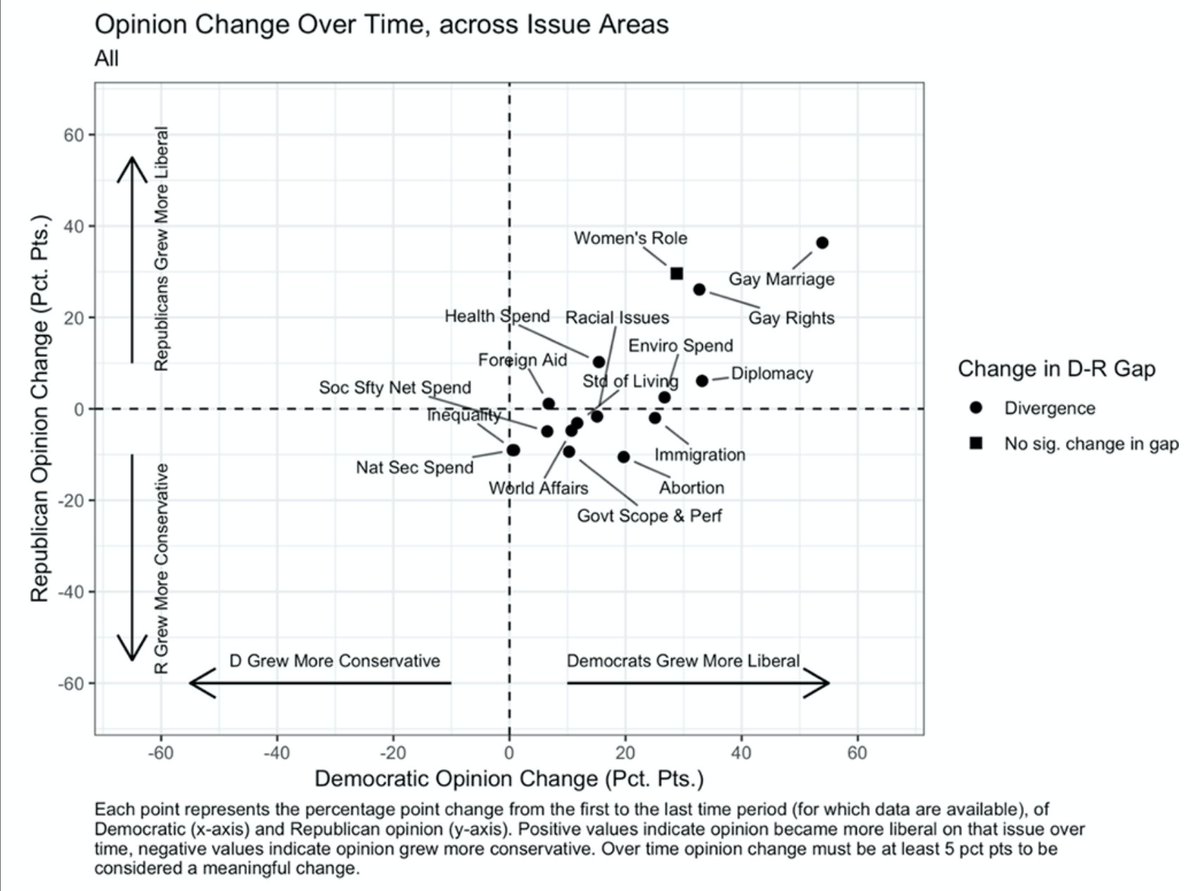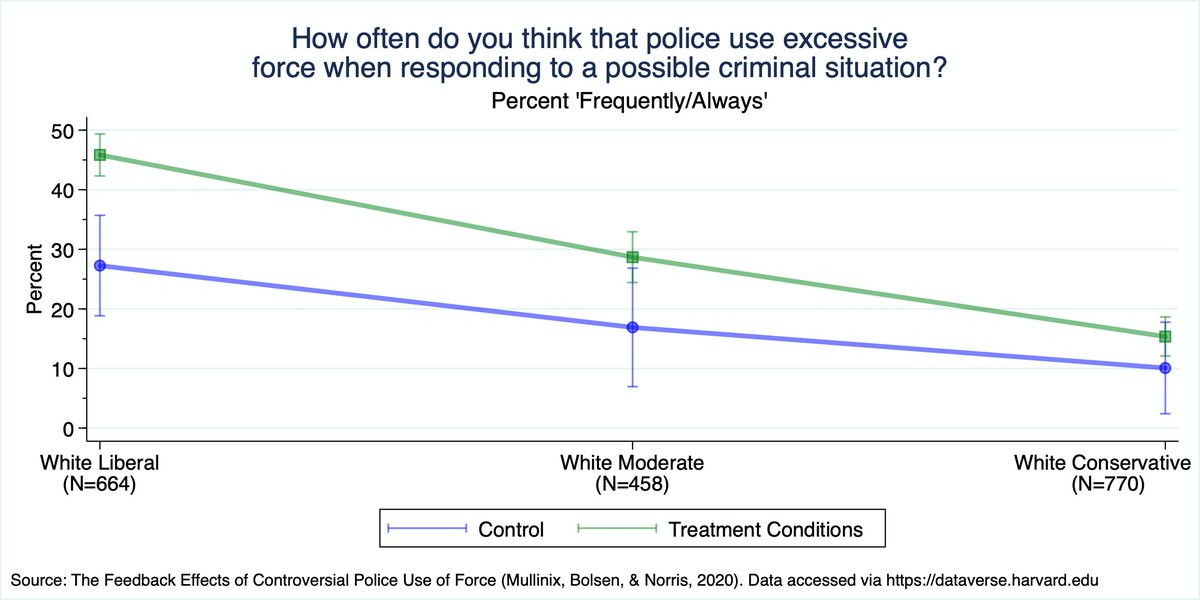
1/n Suggestion: One of the advantages of a federalist system is it allows for 'policy experimentation'--new policies can be tested at the local or state-level. If those policies are deemed successful, other states can adopt and test them out in their own..
https://twitter.com/AOC/status/1324698828944138243?s=20
2/n contexts. Ultimately, this builds a body of evidence indicating whether a policy is likely to succeed (or fail) if implemented at the national level. Thus, Progressives who claim that only their policies can 'save us' should bolster their case by testing them and seeing..
3/n if they actually deliver the predicted results across a diverse set of cultural and economic contexts...lest they bring the entire country down with them.
4/n For instance, if the claim is that policy X will significantly reduce or eliminate group disparities in certain outcomes (e.g. test score gaps), start off by testing it out at the municipal or state level. So long as there's some objective measure of policy success (which..
5/n ..I should stress, is critical), we should be able to know whether it's a good idea and worth testing elsewhere. But until you produce the body of data (one hopefully not derived from a single 'local experiment', but many), our only option is to accept your ideas on faith.
6/6 In which case, please leave us the fuck alone.
Addendum: In the other direction, if you think 'woke' policies would be disastrous or are destined to fail, call the Woke's bluff and afford them the opportunity to discredit themselves (locally).
But I must once again stress the importance of having objective and pre-determined indicators of 'success' in this venture (otherwise, the ideologies will inevitably whitewash or portray 'failure' as anything but)
• • •
Missing some Tweet in this thread? You can try to
force a refresh












